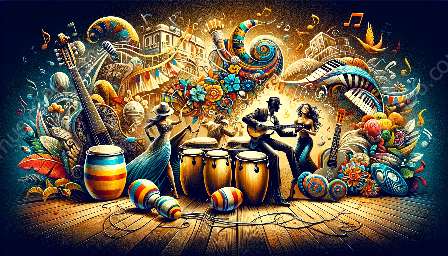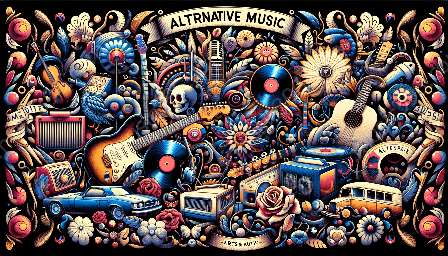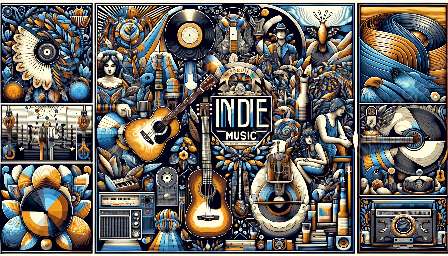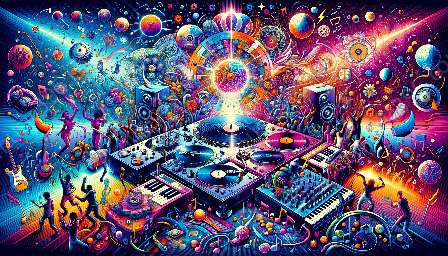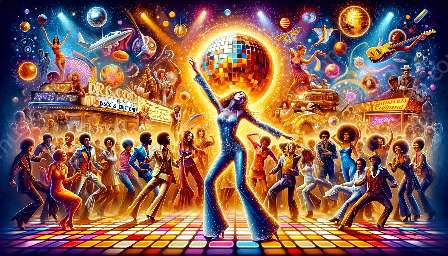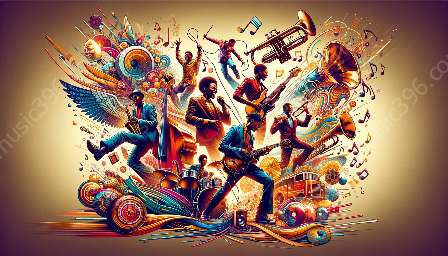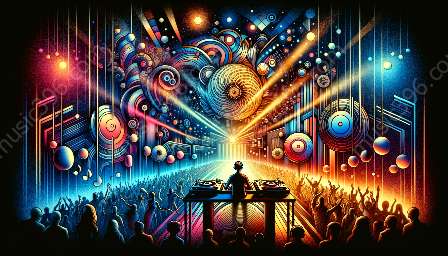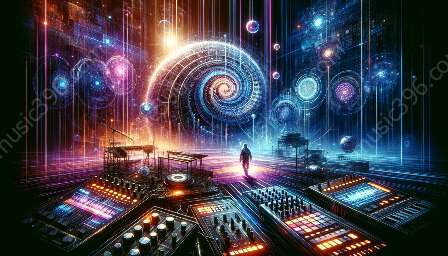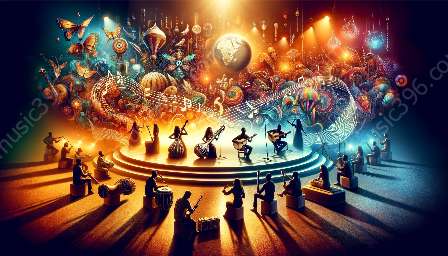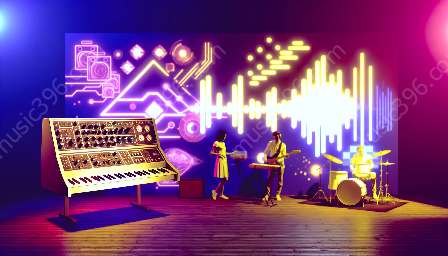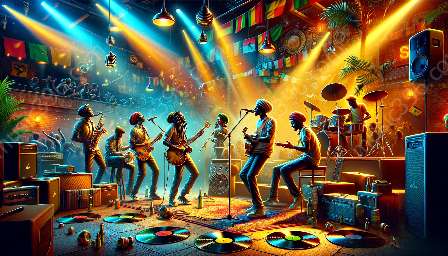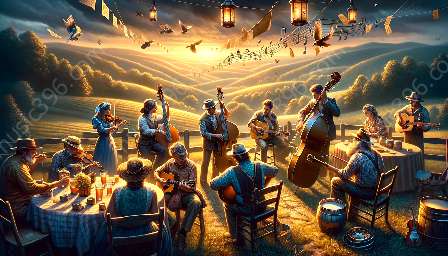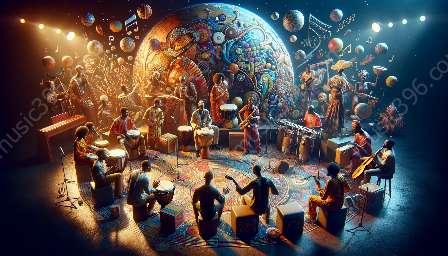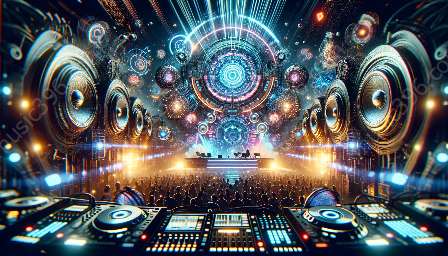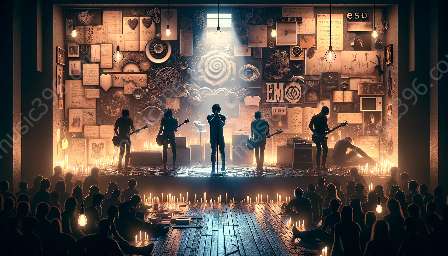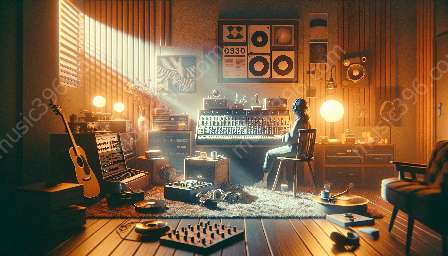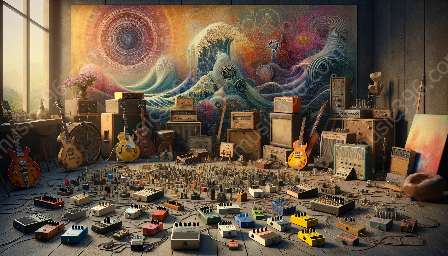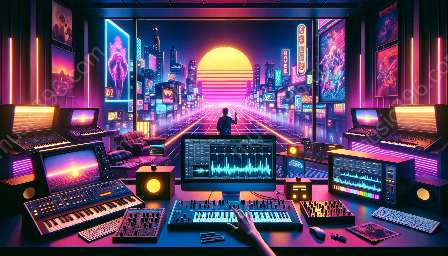Techno music is a genre that has evolved and spread globally, shaping the landscape of modern music. Originating in Detroit, techno has made a significant impact on various music genres worldwide. In this article, we will explore the historical and geographic roots of techno music, its global dissemination, and its influence on diverse music genres.
Origins of Techno Music
The roots of techno music can be traced back to the city of Detroit in the 1980s. Influenced by electronic music pioneers, such as Kraftwerk and Giorgio Moroder, techno emerged as a distinctive and innovative genre characterized by its use of synthesizers, drum machines, and electronic instruments. Artists and DJs, including Juan Atkins, Derrick May, and Kevin Saunderson, played pivotal roles in shaping and popularizing the techno sound, which soon gained a dedicated following in Detroit's underground music scene.
The industrial landscape and socio-economic challenges faced by Detroit during that era contributed to the development of techno music, with its futuristic and mechanized sound reflecting the city's urban environment and cultural dynamics. The genre's early pioneers experimented with sound engineering techniques, creating hypnotic rhythms and futuristic compositions that captured the essence of the city's techno-spirit.
Global Dissemination of Techno Music
Techno music's journey from its Detroit origins to a worldwide phenomenon is a testament to its enduring appeal and influence. As the genre gained momentum in the United States, it also made its way across the Atlantic to Europe, where it found a receptive audience in countries like Germany, the United Kingdom, and the Netherlands. European DJs and producers embraced techno's energetic and avant-garde style, contributing to its rapid expansion and diversification within the global music scene.
Techno's global dissemination was further propelled by the advent of digital technology and the rise of electronic music festivals and club culture. The genre's pulsating beats and immersive sonic experiences resonated with audiences worldwide, leading to the establishment of techno-centric events, such as the Detroit Electronic Music Festival (DEMF) and Berlin's Love Parade. These gatherings served as cultural hubs for techno enthusiasts and artists, fostering a sense of community and creativity within the electronic music movement.
Influence on Music Genres
The influence of techno music extends beyond its own genre, permeating and shaping various music styles and movements. Its fusion of electronic elements, rhythmic complexity, and avant-garde sensibilities has inspired artists across diverse music genres, including electronic dance music (EDM), house music, and industrial music.
Techno's rhythmic innovations and sonic experimentation have also impacted popular music genres, such as pop, hip-hop, and even film and television soundtracks. Its electronic textures and driving beats have become ubiquitous in contemporary music production, contributing to the evolution of soundscapes in mainstream and underground music alike.
Furthermore, techno's cultural and aesthetic influence has transcended geographical boundaries, shaping subcultures and artistic expressions in regions as diverse as Japan, South Africa, and Brazil. The genre's global dissemination has led to the emergence of local techno scenes and the cross-pollination of musical traditions, resulting in an ever-evolving tapestry of techno's sonic evolution.
Conclusion
Techno music's geographic origins and global dissemination have created a lasting impact on the music landscape, influencing genres, artists, and audiences around the world. Its journey from the streets of Detroit to the international stage reflects the power of music to transcend boundaries and connect people through shared sonic experiences. As techno continues to evolve and expand, its legacy remains deeply embedded in the fabric of modern music, inspiring new generations of creators and listeners to explore the possibilities of electronic soundscapes.






